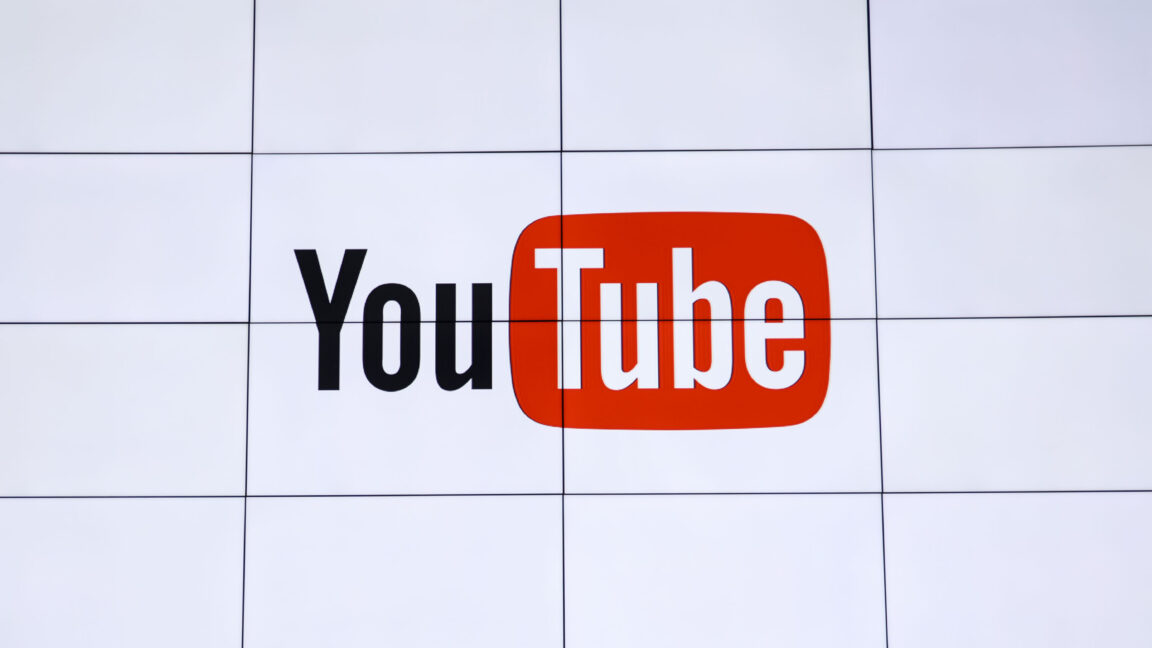
"YouTube's moderation team was directed to permit certain videos, like those spreading medical misinformation about mRNA vaccines, asserting that public interest eclipses potential harm."
"Since Trump's reelection, content moderation has evolved, with companies like Meta and Twitter shifting their approaches, raising concerns over potential censorship of conservative voices."
"YouTube claims that the exceptions in its policy affect only a minor fraction of its content, but they are crucial for maintaining access to key information."
"With the recent policy adjustments, the risk of viewers engaging in conspiracy spirals could heighten, particularly among the larger accounts that disseminate controversial material."
Recently, YouTube altered its content moderation policies, allowing certain videos that spread medical misinformation, like those claiming mRNA vaccines can alter DNA, to remain on the platform. This shift reflects a broader trend since Donald Trump's reelection, where conservative voices have accused platforms of censorship. Amid fears of government action against these sites, YouTube asserts that only a small portion of videos are affected while ensuring vital content is accessible. However, the potential for viewers to be exposed to damaging conspiracy theories increases with these changes, especially given the popularity of certain accounts.
Read at Ars Technica
Unable to calculate read time
Collection
[
|
...
]